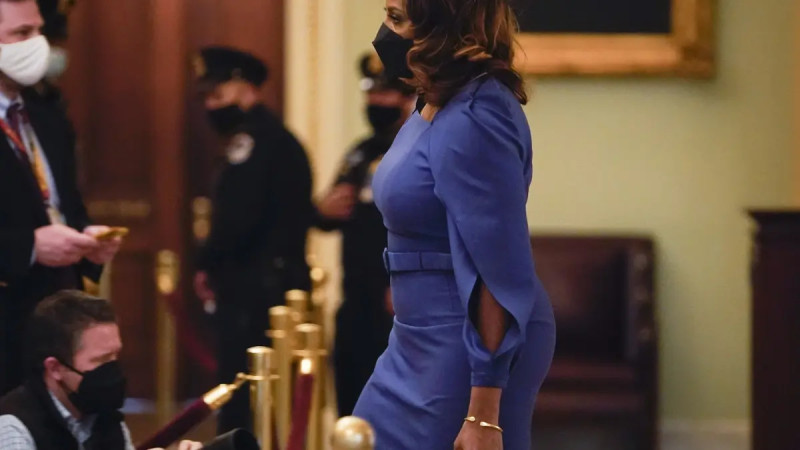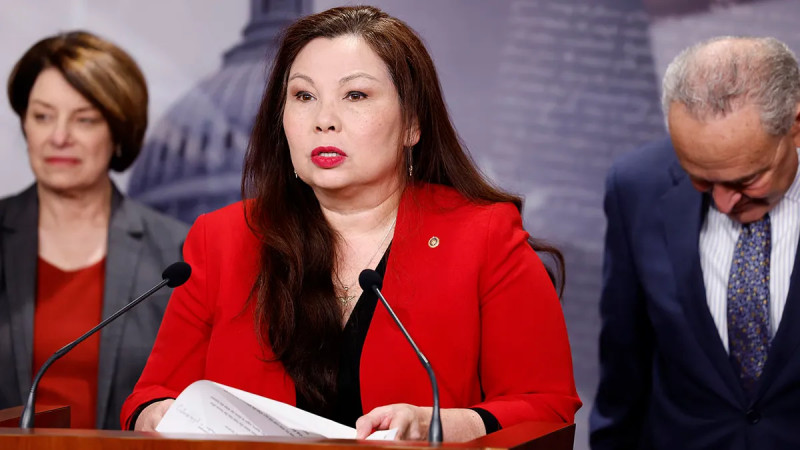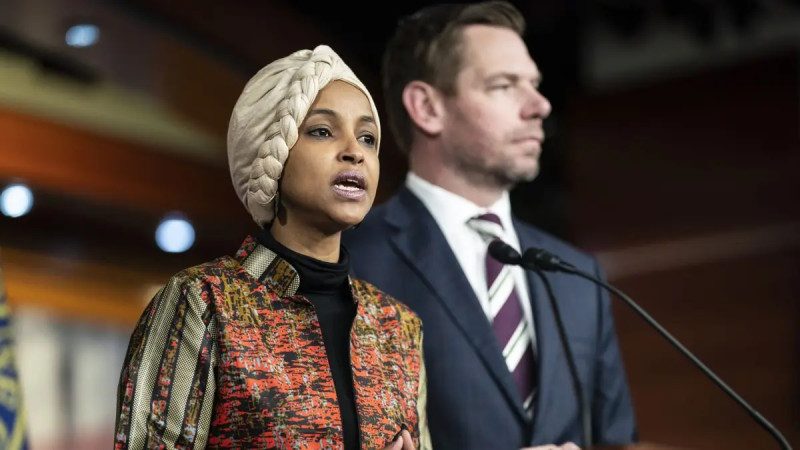The political landscape in Washington, D.C., has been abuzz with the recent developments surrounding Stacey Plaskett, the Democratic delegate from the U.S. Virgin Islands. The House of Representatives recently voted against a resolution to censure Plaskett over her text exchanges with the late convicted sex offender Jeffrey Epstein during a 2019 hearing. This controversial episode has sparked intense debate and scrutiny, with Republicans pushing for a formal reprimand and Democrats rallying in defense of Plaskett.
The censure effort was spearheaded by the House Freedom Caucus, led by Chairman Andy Harris. The resolution aimed to formally censure Plaskett and potentially remove her from the House Permanent Select Committee on Intelligence. The move was met with resistance from Democrats, who argued that the censure was politically motivated and lacked substantive evidence of wrongdoing.
The vote on Tuesday evening saw three Republicans joining the Democratic bloc to vote against the censure resolution. This bipartisan opposition was crucial in thwarting the censure effort, highlighting the divisive nature of the issue within the Republican Party itself.
Rep. Ralph Norman, a Republican from South Carolina, was one of the key figures pushing for the censure. Norman's resolution cited Plaskett's text exchanges with Epstein as grounds for formal reprimand, arguing that her actions compromised the integrity of the House and the intelligence committee.
In defense of Plaskett, Rep. Jim Himes (D-CT) delivered an impassioned speech on the House floor, describing Plaskett as a "superb" member of the Intelligence Committee. Himes' defense underscored the bipartisan support Plaskett has garnered despite the controversy, emphasizing her contributions and integrity.
The House's rejection of the censure resolution marks a significant victory for Plaskett and her supporters. However, the episode has left a lingering shadow over her political career, raising questions about her future in the House and the broader implications for political accountability and ethics.
As the political fallout continues, the episode serves as a reminder of the complex interplay between personal conduct and political consequences in Washington. The censure attempt against Plaskett highlights the ongoing tensions within the House and the delicate balance between accountability and partisanship.



